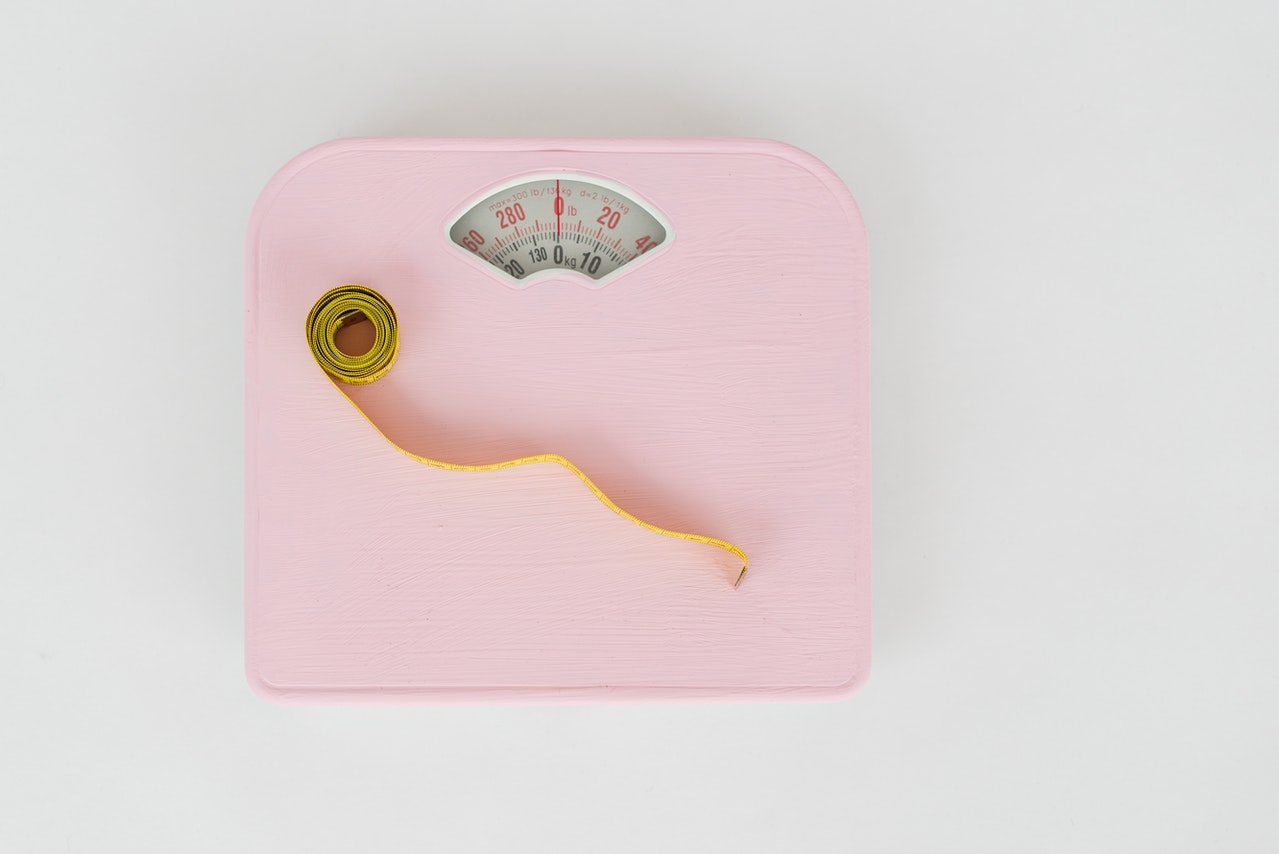
Have you ever wondered how your hormones influence your weight? Do you ever feel like you do “everything right” – eat healthy, exercise daily – yet you still can’t budge the few extra kilos?
This weeks guest is nutritionist Alex Hamlin and she dives into the complexity of our hormones, what role they play with our weight and she also provides actionable tips to implement to support hormones for sustainable weight management.
When it comes to weight loss and weight management there are many pieces that form the puzzle. Weight loss is complicated and it doesn’t just come down to diet and exercise. You can’t just change one aspect of your health and expect to lose weight and keep it off forever.
Weight loss is super individualised. We are all different and there are a number of factors that need to be considered from your hormones to your sleep health, your diet and stress levels to your emotions and underlying health problems. Each factor needs to be addressed to help solve your weight loss puzzle for sustainable and long term weight management.
In regards to your hormones, weight gain or difficulty losing weight is one of the many symptoms of a hormonal imbalance. More often than not a hormonal imbalance will be a factor in an individual’s weight loss puzzle and due to the complexity of hormones, especially when they are out of balance, they can make it hard to lose any weight at all.
Long term weight loss and weight management start by balancing our hormones, so let’s start by focusing on one hormone at a time by firstly understanding how each hormone contributes to your weight and how you can balance them. Remember balancing your hormones will not only help you be in control of your weight but benefit your mind and body or at least empower you to do so.
Here are 3 hormones that may be contributing to your weight and the action steps to balance them.
Excess Cortisol
The chronic activation of our stress response causes our cortisol levels to imbalance. The body makes cortisol in response to stress and this is a battle when it comes to weight gain, as most of us seem to be stressed, all the time. Chronic stress contributes to high cortisol in an effort to protect itself from danger, the body holds onto fat as a form of energy.
Over time, chronic stress can dysregulate the body’s stress response system, the HPA axis and the sympathetic nervous system (‘fight or flight’ response). A chronic activation of the ‘fight or flight’ response can often disrupt normal body processes like cortisol and stress hormone levels leading to weight gain paired with inflammation, poor immune system function, digestive issues… and the list goes on.
Cortisol is often responsible for the excess fat storage around your waist. It contributes to stimulating your appetite (que the sugar) and increasing your blood sugar levels causing insulin (the fat-storing hormone) to transport sugar from your blood and then into your cells where it is stored as fat.
How to balance your cortisol:
Think stress management techniques and ask yourself what makes you feel calm and relaxed?
Go outside and ground yourself in nature, every day.
Ditch the caffeine and replace with herbal teas (green tea, chamomile) and herbal elixirs
Slow down and practice mindfulness. Meditation and deep belly breathing are great.
Choose a gentle exercise and movement like yoga, qigong, pilates, gentle swimming or walking.
Prioritise your sleep and implement a solid sleep routine.
Choose a nutrient-dense, whole foods diet to nourish your body, brain and hormones.




